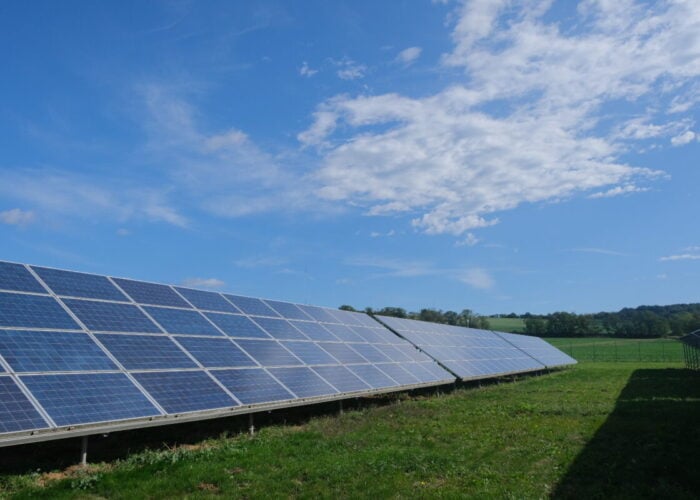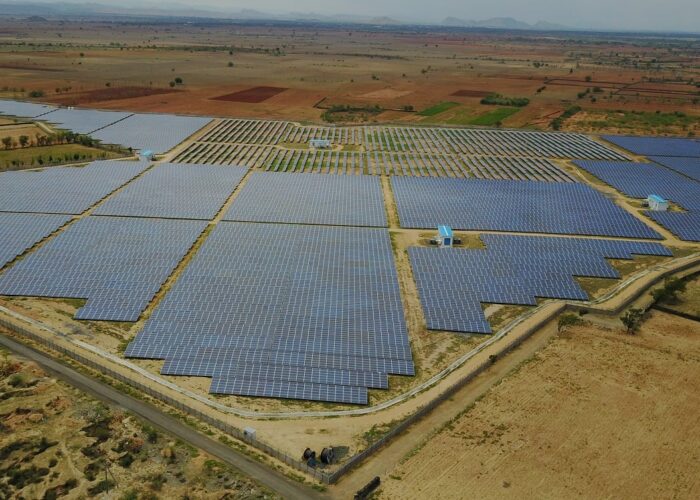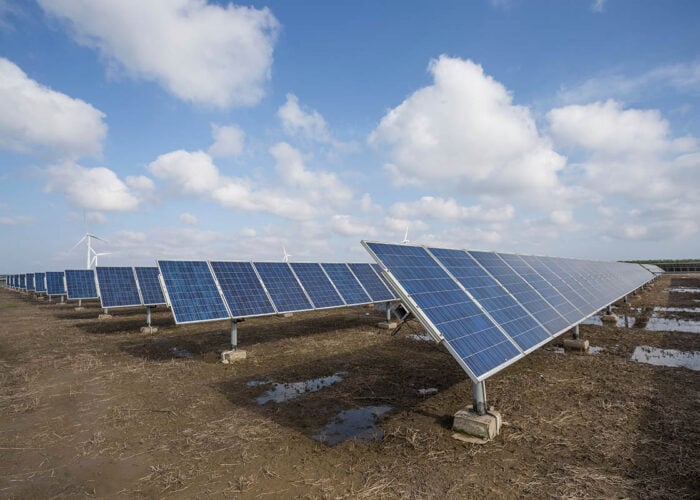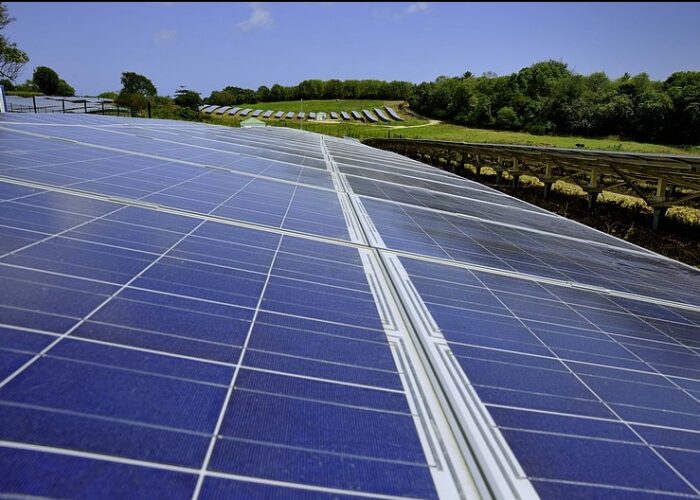The Edison Electric Institute (EEI), which represents all investor owned utilities in the US, has been urged to confess or condemn the use of so-called “dark money” to pay for campaigns against solar net metering.
The Alliance for Solar Choice (TASC) cites the case of Arizona utility APS, which denied channelling money into not-for-profit groups to fund anti-solar campaigning. It was later revealed by local press that the groups Prosper and 60-Plus Association had received funding from APS. It is also alleged that utilities have been using choreographed grassroots organisations, a process referred to as astroturfing.
Unlock unlimited access for 12 whole months of distinctive global analysis
Photovoltaics International is now included.
- Regular insight and analysis of the industry’s biggest developments
- In-depth interviews with the industry’s leading figures
- Unlimited digital access to the PV Tech Power journal catalogue
- Unlimited digital access to the Photovoltaics International journal catalogue
- Access to more than 1,000 technical papers
- Discounts on Solar Media’s portfolio of events, in-person and virtual
Now TASC has called on EEI to clarify its own position in light of the APS affair.
“EEI should give a firm 'yes' or 'no' on their own use of dark money, and whether or not they endorse APS' tactics,” said Bryan Miller, co-chair of TASC and VP of public policy and power markets at Sunrun.
The Arizona Corporation Commission (ACC) is demanding information from organisations including APS on the possible use of ratepayer funds for public relations campaigns against solar power and net metering.
ACC commissioner Bob Burns has written to the Tucson Electric Power, its parent company, Unisource Energy, electric co-operatives, as well as APS, regarding their methods of fund public relations and advertising campaigns.
The EEI and many other groups believe net metering, which allows solar homes to wind back their meter with their excess power, results in a disproportionate amount of grid costs being met by non-solar homes.
PV Tech contacted EEI but it failed to directly address the TASC request, instead referring to a campaign ad it has funded itself to run in Arizona.
The EEI ad campaign in Arizona






